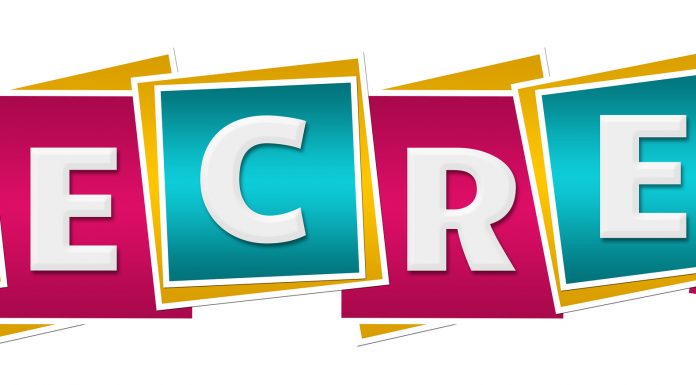When it comes to Estate Planning, it is crucial that you consider the issues that may arise after you have moved on.
On top of all of our responsibilities, it may be difficult to set aside enough time to ensure your Estate Plan is in order. When we forget to plan ahead, all sorts of unintended consequences and problems can occur. Consider these nine unexpected Estate Planning problems to avoid.
1. Probate
Court-supervised administration of your estate is never an easy journey. Despite helpful court personnel, there are still filing fees, privacy issues, and long waiting periods before distribution.
Probate is a complicated legal process that can hold up your assets for months and force your inheritors to go to court. Remember to plan ahead with a comprehensive revocable living Trust with beneficiary designations to avoid your assets being held up in Probate.
2. Asset Protection
Many people do not take advantage of the asset protection opportunities that Estate Planning has to offer. One weakness of simply transferring your assets to your loved ones is that it will not always rest safely with them. Their future divorces, creditors, or poor choices can strip the assets quickly and cleanly, leaving them none the better.
Protect the future of your loved ones by establishing a Trust in their name. With the right provisions, creating Trusts for loved ones means that your assets can be protect the assets from their future divorces, predators, and creditors and scammers for years to come.
3. Family Disharmony
The death of a loved one can be a stressful time for everyone involved. While you might hope your family and friends will handle your passing gracefully, disharmony can arise due to improper Estate Planning.
Long-standing tensions and disagreements can flare up and cause problems as your estate administration becomes a battleground for family politics and disputes. Consider how to help resolve these potential conflicts to avoid a family battle down the line.
4. Attorney’s Fees
The most effective way to manage legal fees is to handle them while you are alive and able to oversee the Estate Planning process. Failure to plan is likely to increase the total amount of fees paid, especially in the event of a family legal battle over your assets.
5. Successor Fiduciaries
Without a clearly stated successor trustee or back-up executor, your loved ones may have to go through court proceedings. Planning back-up trustees or executors to fill a vacant role can help avoid conflict, confusion, and time-consuming court proceedings.
6. Contingent Beneficiaries
Create an Estate Plan in the event that your immediate family members pass away and/or are unable to inherit your estate. Old friends, distant relatives, or charities are usually the preferred options when parents, siblings, or children aren’t an option.
7. Updating Beneficiary Designations
Beneficiaries are those who inherit your assets upon your passing. Oftentimes, beneficiary designations. Keep them up to date to avoid confusion and dispute of current and ex-spouses fighting over who is the real beneficiary.
8. Joint Accounts
In the event of your passing, a joint account will pass your assets to the other joint owner. Joint accounts are a useful way of passing assets without requiring complex legal planning. However, joint accounts result in Probate upon the passing of the surviving joint owner, also joint ownership can add extra liability when it is not necessary.
9. Failing to start
The number one unexpected problem when it comes to Estate Planning is procrastination. Once a disability or death occurs, Estate Planning options are limited. Protect your future of you and your loved ones by setting up an Estate Plan today!






















